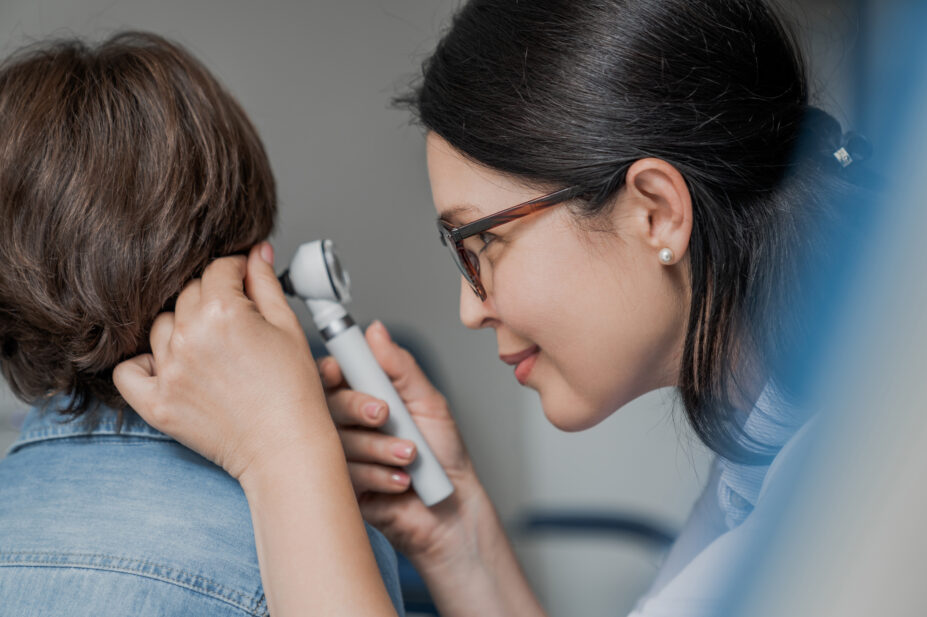
Shutterstock.com
Pharmacy First in England should include a wider range of treatment options to support antimicrobial stewardship (AMS), according to a report from the Company Chemists’ Association (CCA).
The report, published on 12 December 2024, said that, on average, 66% of patients who use the Pharmacy First service receive antibiotic treatment.
However, the CCA pointed out that pharmacists follow guidelines and that antibiotics provision in community pharmacy is “largely in line with or lower than in other parts of primary care”.
The report added that the “vast majority” (88%) of antibiotics provided under Pharmacy First are first-line treatments.
The CCA collated data from more than 3,000 pharmacies during August and September 2024. Antibiotic use was analysed based on anonymised consultation records for more than 150,000 patient interactions.
Patients can access Pharmacy First for seven conditions: earache, uncomplicated urinary tract infections (UTIs) in women, sore throats, sinusitis, infected insect bites, impetigo and shingles. According to the CCA’s data, antibiotic use under the service ranged from 35% for ear infections to 79% for uncomplicated UTIs.
The data also showed that most people attending a Pharmacy First consultation under clinical pathway consultations receive some form of medicine (non-antibiotic or antibiotic), and that around 94% of patients completed their care under the service and did not need to be referred onwards.
The CCA pointed out that the current service specification means that if patients have certain symptoms, they must be offered medicine from a list, which is “primarily populated by antibiotics”.
“This limits the available options to pharmacists. For instance, all sore throat, bladder infections and infected insect bite consultations that require medicine result in antibiotic supply,” said the CCA.
“Those conditions with an alternative solution [to antibiotics] for patients, such as sinusitis, show how pharmacists can use other medicines or advice to ensure antibiotics are only provided when absolutely required. For instance, 46% of the medicines provided for sinusitis were for a non-antibiotic nasal spray and 45% of medicines supplied to treat ear infections were for ear drops.
“The data show that antibiotic supply is lower where there are a range of different treatment options available.”
In light of the findings, the CCA said that NHS England “should add additional treatment options to the service”.
“For the treatment of sore throat, for example, this could include simple analgesics and mouthwashes. This will provide more options for pharmacists and support appropriate antibiotic supply,” it added.
The body also said that independent prescribing should be integrated with the service, as this would “further support pharmacists to provide treatment in line with AMS best practice”.
Malcolm Harrison, chief executive of the CCA, said: “Pharmacists are treating their role as antimicrobial stewards with the utmost importance, supplying antibiotics only when appropriate.
“Pharmacies have done their bit — NHS England need to now lift their ambitions. Pharmacists should be trusted to offer more treatment options. We also need independent prescribing integrated into the service as soon as possible — the clock is ticking on the first cohort of prescribing pharmacist registrants in 2026.”
Commenting on the report, Alastair Buxton, director of NHS services at Community Pharmacy England, said: “It is encouraging to see evidence confirming what we in the sector already knew: pharmacists hold their clinical responsibilities in high regard and will only supply antibiotics when clinically appropriate to do so.
“Community Pharmacy England has long been a proponent of building on the Pharmacy First service for the benefit of patients, the public and the wider NHS. Measures like this that could help to reduce pressure on GP practices were one of our early priorities for discussion with the new government, and adding more clinical pathways into the Pharmacy First service was a key element of our submission to the ten-year health plan for the NHS,” he added.
In November 2024, study results published in the Journal of Antimicrobial Chemotherapy revealed that the Welsh pharmacy-led sore throat test-and-treat (STTT) service had reduced antimicrobial prescribing, with 24% of STTT consultations resulting in an antimicrobial supply compared with 39% of GP consultations.
NHS England was approached for comment.


